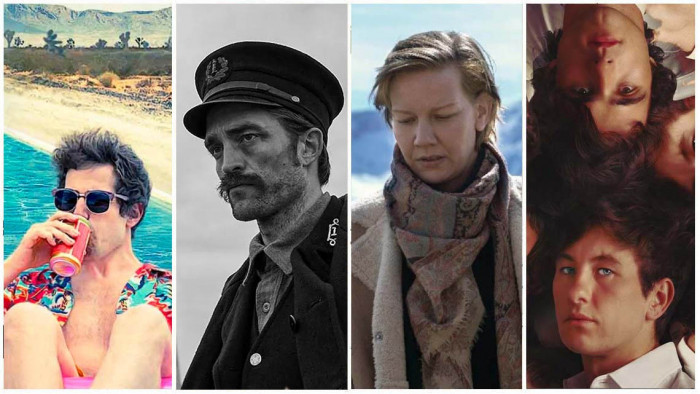Scrooge McDuck might be rich - but is he happy?
Assessing fictional tycoons and their work-life balance


Mr Burns, The Simpsons

“Beyond his assistant Smithers, he lacks close relationships. There are moments you see his unhappiness: when he spends time with Lisa after being declared bankrupt, or when he pines after his lost teddy bear.
“Instead of training the hounds, he should focus on developing empathy and workforce relations – finally remembering Homer’s name would build rapport.”
Gordon Gekko, Wall Street

“Defining yourself by one thing limits your perspective. Gekko is solely driven by money. The best leaders take a holistic approach. It’s not just income: it’s growth and personal development.
“There are other things in the world beyond workaholic hours – sleeping, walking and exercise all help create balance. He needs to start looking at success as the product of many things.”
Randolph & Mortimer Duke, Trading Places

“IQ only gets you so far – you need emotional intelligence too. They lack self-awareness and social skills. They end up meddling with people’s lives over a silly wager, which ultimately leaves them homeless.
“To recover, they need to learn to let things go and understand that a business needs a shared purpose to thrive.”
Charles Foster Kane, Citizen Kane

“His entire life is rooted in his difficult childhood. But he repeatedly plays the blame game, which takes up all his focus.
“He would benefit from accepting that everyone holds some responsibility. To know where you’re going in life, you need to know where you’ve come from – he needs to access his vulnerable side.”
Scrooge McDuck, Disney

“Strong leaders ask themselves three important questions every day: ‘What happened today?’ ‘What can I learn? ‘What can I do differently tomorrow?’
“Scrooge is a billionaire businessman who has shown introspection – he reflects positive change. He’s grown from a grumpy miser into an adventure-seeking, family-orientated duck.”
John Hammond, Jurassic Park

“He needs a holiday. He spends all his time in a world he created, to the extent that it’s become his whole life. His grandchildren visit him; having family ties is important.
“However, he fails to take an interest in Dennis, the computer programmer who causes the atrocities. Had he built that connection, he might have realised his staff needed help.”
Tony Stark, Iron Man

“He needs to broaden his hook zone, a person’s areas of interest that grabs their attention. Yours might be football. His is saving the world – he’ll drop everything else to do it. It’s given him tunnel-vision to the extent he can’t focus on anything else.
“He’s someone who might benefit from meditation; it helps rewire the brain and bring perspective.”
‘The Million Dollar Man’ Ted DiBiase, WWE

“He’s controlled by money. He believes that no matter how good someone is, he can buy them out. In order to become a better businessman, he needs to better understand others’ motivations.
“However, The Undertaker became one the best wrestlers of all time. Investing in a person is always a good thing.”
Saj Jetha is the founder of talent consultancy The Smarty Train; The Smarts: Big Little Hacks To Take You A Long Way At Work is out 10 January (Ebury)
(Illustrations: Jon Berkeley)
Latest
Related Reviews and Shortlists


The 10 best war movies of the 21st century








